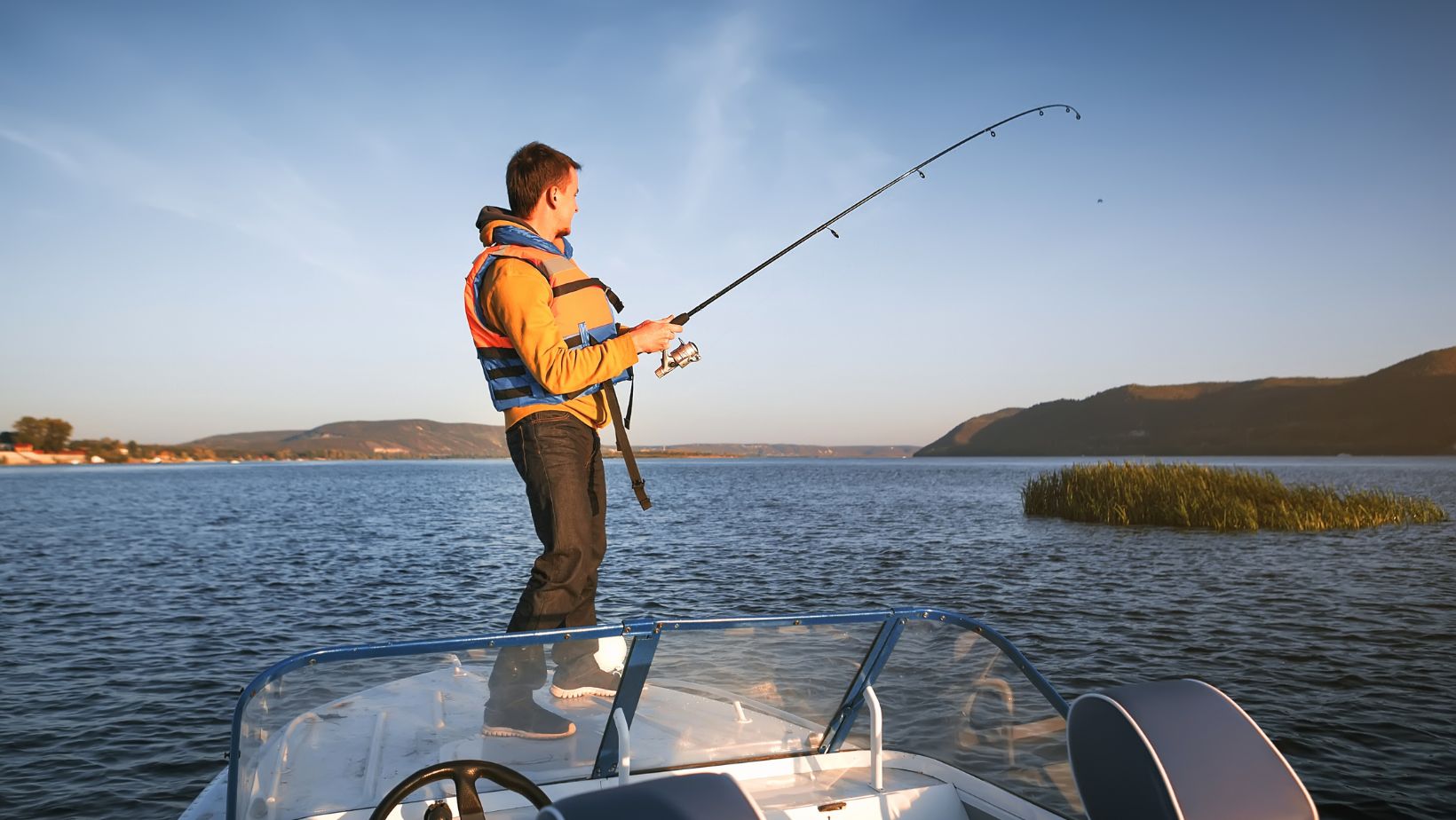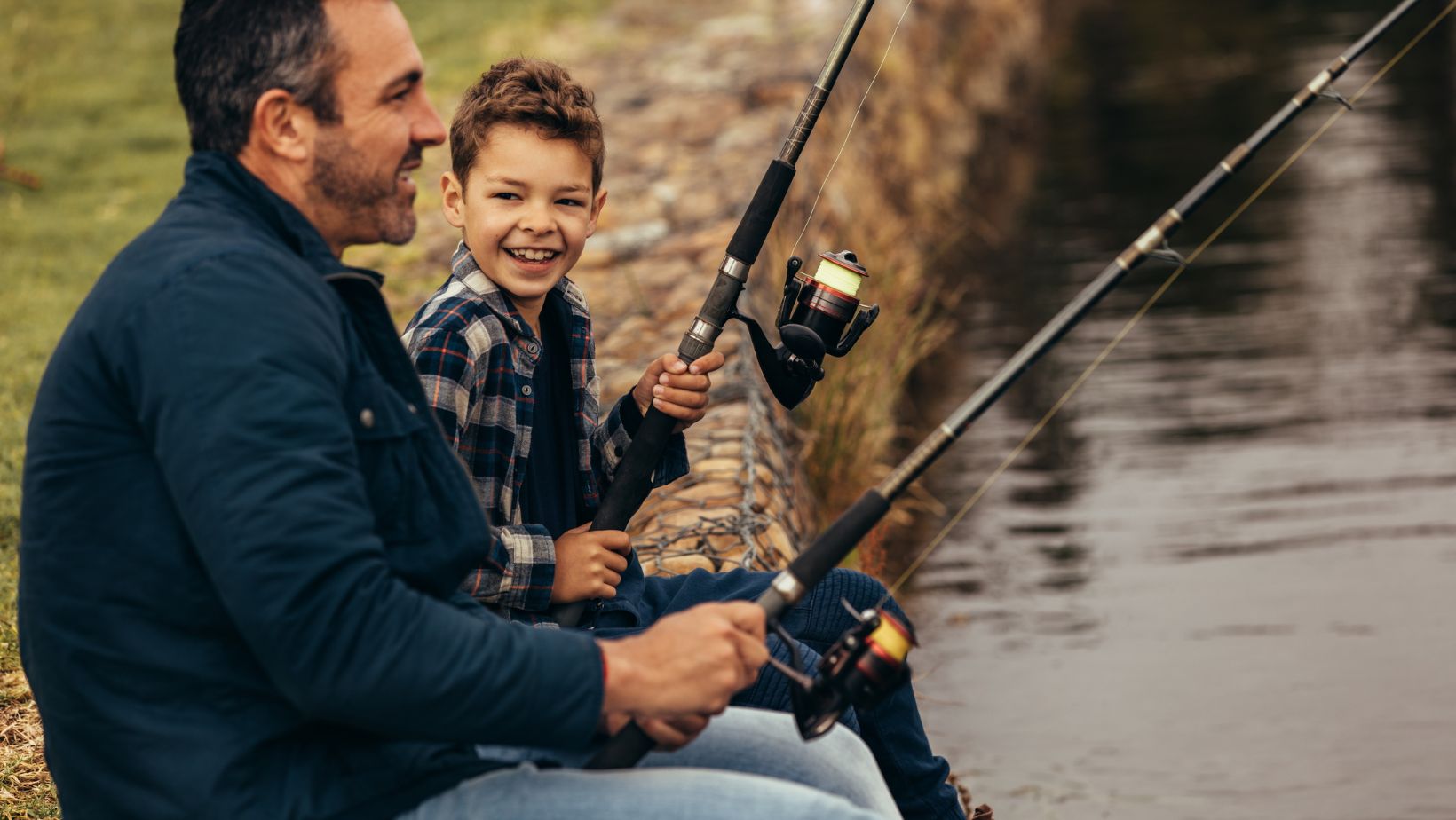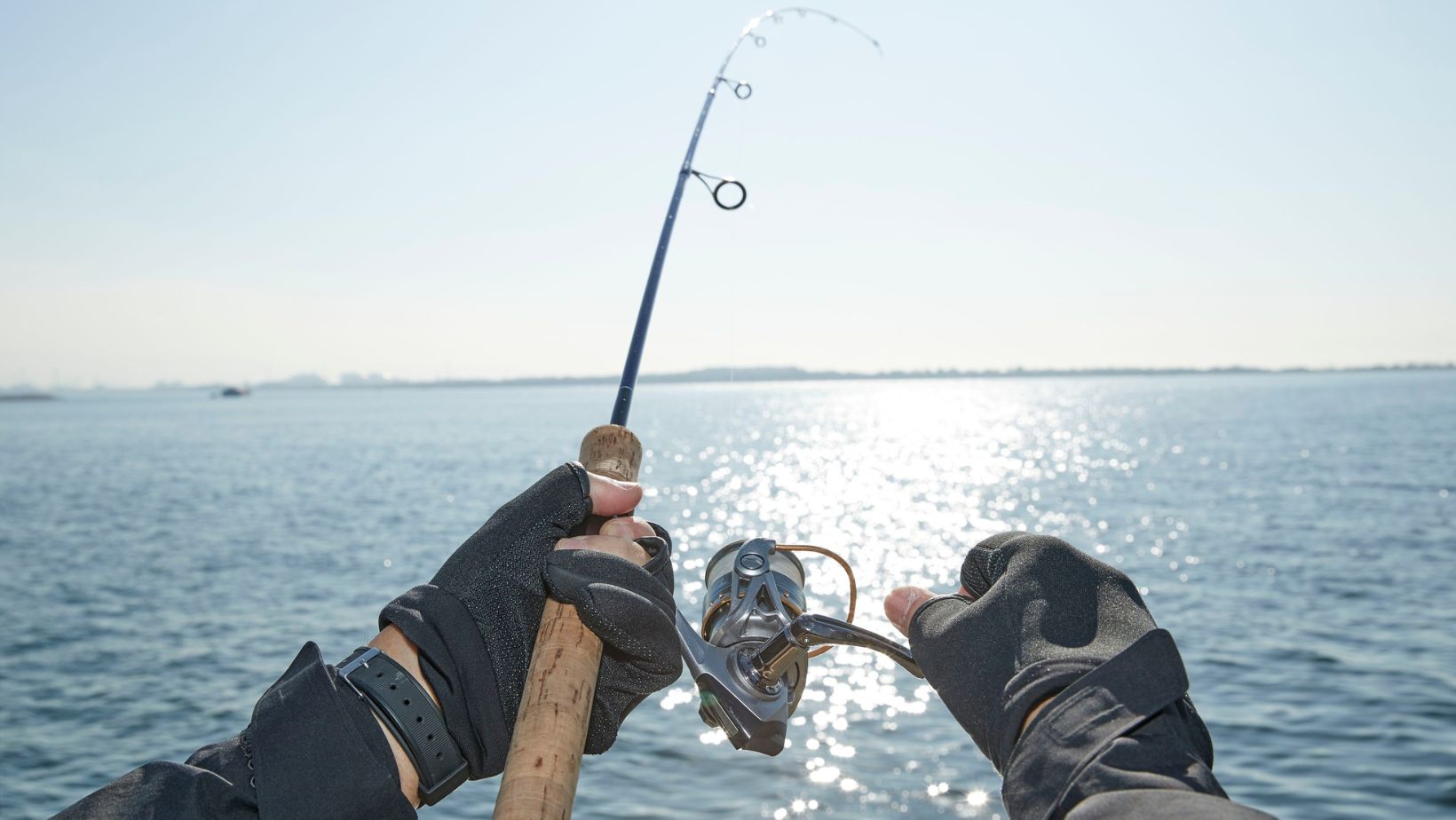Fishing is a rewarding pastime that combines patience, skill, and a love of the outdoors. However, even experienced anglers make mistakes that can reduce success or frustrate the experience. Recognizing common errors and learning how to avoid them is essential for improving results and enjoying time on the water. Whether casting from a boat or the shore, understanding these pitfalls allows both beginners and hobbyists to fish smarter.
These mistakes aren’t signs of failure. These opportunities allow for refining technique, adjusting expectations, and gaining confidence. By addressing the most frequent errors, anglers can focus on what matters most: the satisfaction of a well-earned catch. Improved awareness and preparation often turn average outings into memorable trips filled with both learning and achievement.
Table of Contents
ToggleUsing the Wrong Equipment
One of the most frequent mistakes in fishing involves selecting inappropriate gear. Choosing a rod, reel, or line that doesn’t match the target species or environment often leads to frustration. For example, a light spinning rod may struggle with large freshwater fish, while a heavy rod might make catching smaller fish unnecessarily difficult.
Understanding the requirements for each type of fishing is key. Matching tackle and bait to your specific goal improves efficiency and reduces unnecessary effort. Taking the time to learn equipment specifications and seeking guidance from experienced anglers ensures that every trip is better prepared.
Neglecting Proper Bait
Many anglers underestimate the importance of choosing the right bait or lures. Fish respond to scent, movement, and color, and using the wrong option can make them completely ignore your line. Beginners often rely on a single type of bait without considering seasonal changes or local preferences.
Observing the environment and experimenting with alternatives can drastically improve results. Pay attention to what fish naturally feed on and adapt your approach accordingly. Rotating lures, adjusting colors, or trying live bait can often make the difference between a slow day and a successful outing.
Not Factoring Weather and Water Conditions
Fishing success is closely tied to environmental factors, and neglecting weather conditions can significantly impact your success when fishing. Water temperature, current, and weather patterns affect where and when fish feed. One of the most common mistakes is assuming the same strategy works every day, regardless of conditions. A calm, sunny morning might require different tactics than a windy afternoon, while cloudy or overcast days often change fish behavior entirely.

Just as a successful fishing trip depends on preparation and awareness, other hobbies like exploring online casino NJ platforms also require understanding the environment and setting expectations.
Learning to read the water and anticipate changes enhances effectiveness, saving you from potential wasted trips out on the water. Overcast skies, rising tides, or shifting currents can all influence fish activity. Checking weather forecasts and observing water behavior allows anglers to adjust casting techniques and bait selection for better results.
Casting with Poor Technique
Casting may seem simple, but errors in technique are surprisingly common, and this can play a huge factor in how successful you are. Overcasting, undercasting, or failing to control the line can scare fish away or reduce accuracy. Even minor inconsistencies in timing or wrist movement can affect success, especially when targeting specific spots like under overhanging branches or near structures.
Practicing casts in controlled environments, such as a backyard or quiet shoreline, builds muscle memory and precision. Understanding different casting styles for various situations, such as short-range, long-range, or precise placement, helps anglers make the most of every opportunity. Paying attention to how the lure moves through water and adjusting release speed or angle can make small but crucial differences in attracting fish.
Failing to Have Patience
Perhaps the most overlooked mistake is a lack of patience, as fishing is simply a waiting game.. Fishing requires time, often involving extended periods of waiting in silence. Many beginners become frustrated and change spots too quickly or reel in prematurely, missing potential bites. Success often comes from learning to observe and respond subtly, rather than rushing the process.
Patience goes hand in hand with observation. Observing water movement and noting feeding patterns can help indicate where fish are most active. Experienced anglers understand that every moment of waiting builds knowledge and intuition. By gaining patience, each fishing trip becomes a richer experience, blending skill development with relaxation and connection to nature.
Conclusion
Avoiding common mistakes is essential for making the most of any fishing trip. Using appropriate equipment, selecting effective bait, considering environmental conditions, practicing proper casting, and exercising patience all contribute to a more rewarding experience.

Anglers who recognize and correct these errors often see immediate improvements in both results and enjoyment. Fishing is a combination of knowledge, observation, and practice. By addressing frequent pitfalls, enthusiasts of all levels can enhance their skills, spend more productive time on the water, and cultivate a deeper appreciation for the sport. Each outing becomes an opportunity to learn, adapt, and embrace the art of fishing.





